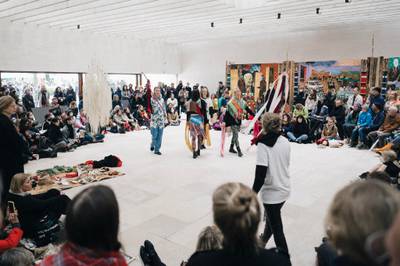

Research Papers
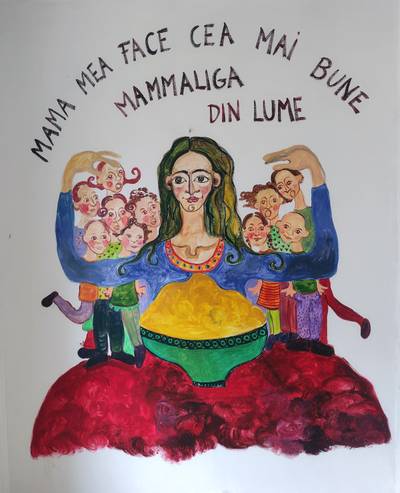

Collaborative methodologies can open research to plural knowers, knowledges, and ways of knowing which institutions stand to gain social and racial capital and good assessments of diversity and inclusion practices. But can such collaborations be truly reciprocal? What do the co-researchers gain, and who decides on the terms and potential gains of co-researching?
READCreating Critical Tools Through Romani Vernacular Storytelling
Collaborative methodologies can open research to plural knowers, knowledges, and ways of knowing which institutions stand to gain social and racial capital and good assessments of diversity and inclusion practices. But can such collaborations be truly reciprocal? What do the co-researchers gain, and who decides on the terms and potential gains of co-researching?
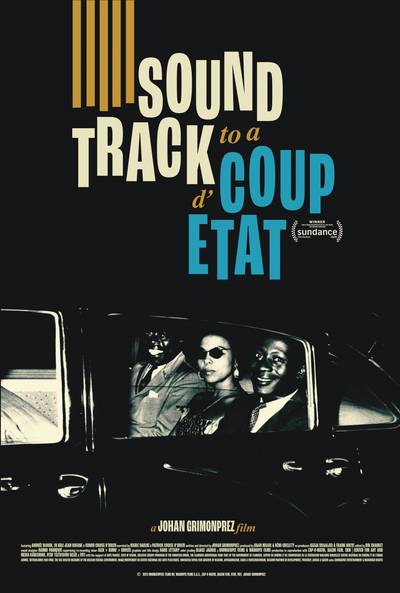

The story of the Democratic Republic of Congo isn’t just about coups or Cold War power plays – it’s also a story told through rhythm, resistance, and reinvention. Soundtrack to a Coup d’État invites us to see music not as something that plays in the background of history, but as a key player in it – used by empires, reclaimed by artists, and still resonating in the voices of those who won’t be silenced.
READFrontlines of Power: Sonic Politics in the Democratic Republic of Congo
How does the intricate relationship between music, political strategy, and the legacy of Cold War imperialism intertwine in shaping the Democratic Republic of Congo’s past and present? This paper examines Johan Grimonprez’s Soundtrack to a Coup d’État to argue that cultural manipulation was not only central to the Congo’s Cold War history, but that music remains, even today, a potent site for control, resistance and renewal.
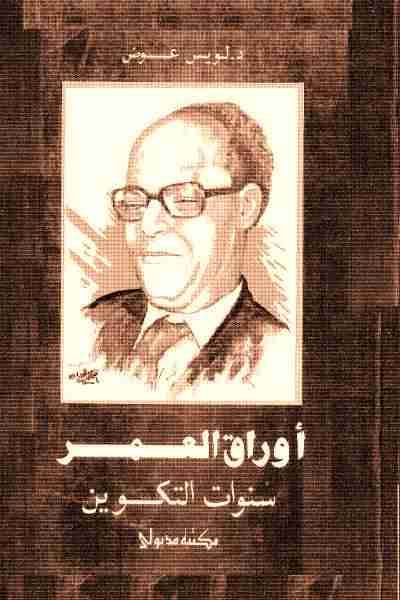

The collapse of the Assad regime and HTS’s rise in Syria have revived debates in Egypt and the region, over the fragile status of religious minorities, particularly Copts, long caught between authoritarianism and Islamist extremism. But when freed from such choices, what kind of worlds do they imagine? In this paper, Ismail Fayed explores this question through the life histories and reflections of two prominent Coptic intellectuals, Salama Musa and Louis Awad.
READWhose Imaginary? Coptic Intellectuals and the Question of Subjectivity
The collapse of the Assad regime and HTS’s rise in Syria have revived debates in Egypt and the region, over the fragile status of religious minorities, particularly Copts, long caught between authoritarianism and Islamist extremism. But when freed from such choices, what kind of worlds do they imagine? In this paper, Ismail Fayed explores this question through the life histories and reflections of two prominent Coptic intellectuals, Salama Musa and Louis Awad.
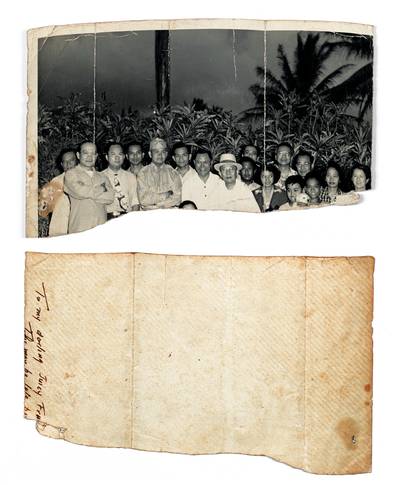

The diversity of the Filipino diasporic experience is often left unaddressed and conveniently reduced to give way to a cohesive idea of identity. How do we go back? And should we do that at all?
READA Displacement, a Discomfort, a Translocation
The diversity of the Filipino diasporic experience is often left unaddressed and conveniently reduced to give way to a cohesive idea of identity. The importance of return is shaped by the multiple forms of the diaspora. How do we go back? And should we do that at all?


Through artistic research, Seascape of Imagination is an attempt to unravel the intricate ties between South Asian transnational craftmanship practice and the nuanced processes of decoration and labour, emphasising the boat engineering craftsmanship that survived colonial and nationalist modernity. A significant aspect of this project is challenging the prevailing modern distinctions between art and craft, especially when contextualising the act of painting as a decorative aspect of the shipbuilding done by members of the fishing community.
READSeascape of Imagination
‘Seascape of Imagination’ revisits the economic structures in Indian Ocean fishing ports and envisions a revitalised economic structure for Karachi’s Ibrahim Hyderi port, where imagination is intertwined with indigenous craftsmanship. The text here portrays an imaginative future—a fleeting yet delightful glimpse into a utopian future, a momentary paradise of tangible accessibility, a brief utopia, a brieftopia.
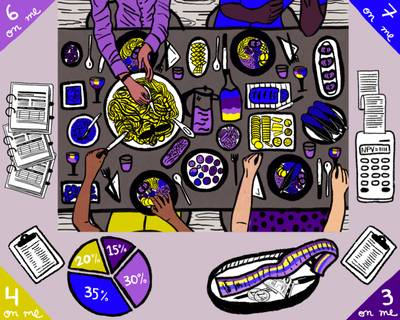

The practice of non-binary accounting is not new. Friends who “anexactly” rotate covering tabs for food and drink at bars, who do not keep a precise ledger delineating who owes what to whom, are constantly engaging in small-scale non-binary accounting practices. This text wonders whether a more rigorous formalization of the practice of non-binary accounting that is specifically geared towards subverting and dismantling binary accounting practices could be “scaled up”, so that communities and public institutions “splitting the tab” for large scale social initiatives can transact “anexactly”.
READAccounting Otherwise: Non-Binary Book-Keeping & Fugitive Public Financing
The practice of double-entry or binary accounting presumes and contributes to the systemic reproduction of creditors and debtors, haves and have-nots, privileging the former over the latter. The practice of non-binary accounting might enable us to subvert and dismantle the systems that reproduce such unequal relations.
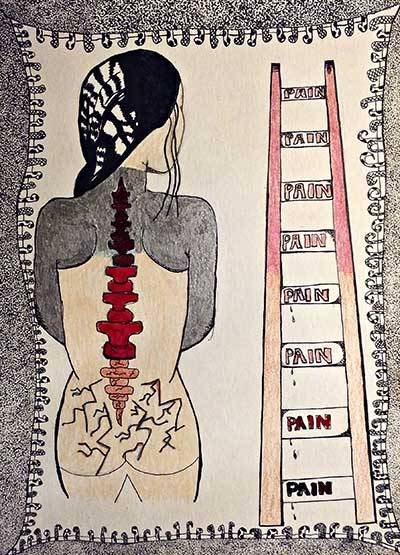

Chronic pain is a notion created within biomedicine that reduces it to a biological process—dismissing the cultural, social, economic, political, and technological relations that shape it. As might be expected, this standpoint has not proven fruitful for its bearers or society at large. Bear in mind that chronic pain differs from a general understanding of pain because it is not merely a physical experience but has an all-encompassing sensory and emotional effect, as well as long-term transformations in the intellectual and agential capacities of the ones that bear it.
READBearing Chronic Pain: What Can Art Offer?
Through the generationally and formally distinct artworks of Frida Kahlo and Eugene Lee, this paper explores the potential of artistic expressions in revising deeper cognitive aspects of chronic pain to challenge, diagnose and comprehend chronic pain.
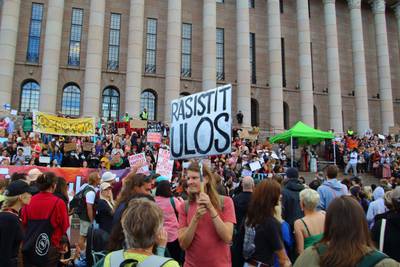

Prejudiced, racist attitudes are, of course, still a part of this problem, but crucially, they are just one part. Global white supremacy is a far bigger structure – a political and economic system that transcends national borders and shapes most of the world. Problematising it this way implies a need for much bigger solutions than simply educating people out of their prejudiced attitudes. It means completely restructuring – or indeed dismantling – those economic and political systems that maintain the supremacy of whites over non-whites.
READProblematising ‘Right-wing Extremism’: Analysing White Supremacy and Government Responses to Racist Violence
This paper examines the responses of government ministers to the racist attacks in Oulu in the 2024 summer, Finland. It problematises the idea of ‘right-wing extremism’ as a security threat, explores some of the limitations and adverse effects of this problem representation, proposing new ways of understanding and responding to such violence.
